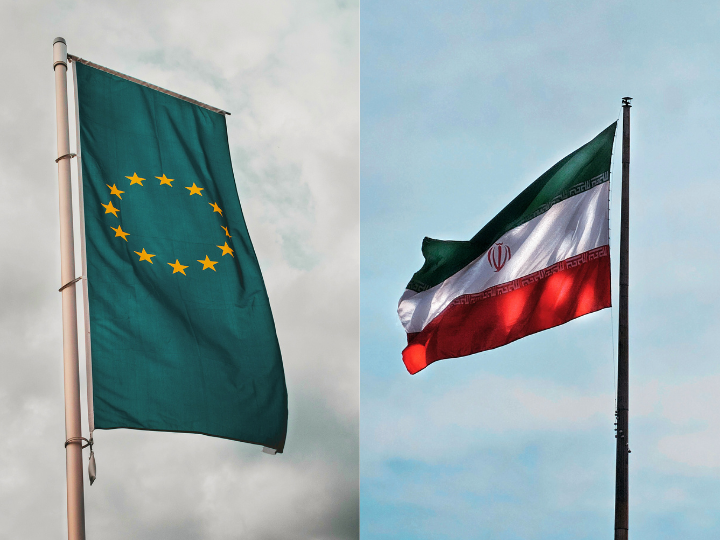by Rajnish Singh
Trump’s 20-point Gaza peace plan has earned global backing—and with it, the real possibility of a Nobel Peace Prize. But with Hamas resisting disarmament and several of Netanyahu’s ministers refusing to pause the war, his ‘deal’ could either redefine the Middle East or collapse like so many attempts before it.
This week marks the second anniversary of the Hamas attack on Israel, a grim reminder of how painful and unresolved the conflict remains. Nearly 2,000 people were killed and around 250 kidnapped in the 2023 massacre that ignited the Gaza war. The anniversary was marred by a deadly antisemitic attack on a synagogue in Manchester, where three worshippers were killed—an event that exposed Europe’s simmering tensions.
Even as the attack coincided with Yom Kippur, the holiest day in the Jewish calendar, far-left and Islamist groups pressed ahead with anti-Israel protests, showing little empathy and highlighting the deep political and social divides shaping the West’s response to Gaza.
It is not only Israelis and the wider Jewish community who have paid the price. Ordinary Palestinians in Gaza continue to bear the brunt of Israel’s retaliation against Hamas, which has weaponised the suffering of its own people in pursuit of war. Innocent civilians now face a deepening humanitarian crisis.
Since 2023, pro-Palestinian demonstrations have swept across Europe, exposing stark divisions in domestic politics. Rising reports of antisemitism, especially on university campuses, and Islamophobia have fuelled social tension. Muslim and Green politicians advocating tougher stances against Israel have been elected to the UK Parliament. These shifts underscore how the Gaza conflict is no longer a distant foreign crisis; it has become a polarising force shaping political debates, party platforms and public perceptions of Middle East policy across both Europe and the United States—stretching liberal principles of free speech and protest to their limits.
Against this backdrop, Trump’s unveiling of his 20-point Gaza peace plan in late September was met with a mix of disbelief and weary hope. The proposal—an ambitious blueprint—marks the most serious diplomatic push since the conflict erupted two years ago.
The plan’s early results are already tangible: Hamas has reportedly agreed to release all remaining hostages, while Israel has agreed to ease military operations. Trump himself has been uncharacteristically hands-on, leaning on both Netanyahu and Arab allies such as Qatar, Turkey and Egypt to pressurise Hamas into securing peace. Even European leaders, including those have supported recognising a Palestinian state—France’s Emmanuel Macron, the UK’s Keir Starmer, along with Germany’s Friedrich Merz, Italy’s
Giorgia Meloni, and Commission President Ursula von der Leyen—have all endorsed Trump’s plan.
If he succeeds, Trump could join the ranks of Egypt’s Anwar Sadat and Israel’s Yitzhak Rabin, leaders whose risks for peace reshaped history—an achievement that eluded even Biden and Obama, and one his most progressive critics might have to acknowledge.
But as the cliché goes, the devil is in the detail. Trump’s plan is best seen as a framework rather than a finished deal. The obstacles are formidable: Hamas refuses full disarmament, which Israel considers non-negotiable.
Netanyahu’s right-wing coalition resists total withdrawal, while international partners hesitate to fund reconstruction without guarantees of stability. Humanitarian aid remains hostage to politics—Israeli blockades, Palestinian corruption, and infighting among factions, all hinder progress.
To his credit, Trump is taking significant political risks by showing leadership in pursuit of peace. Yet the EU can still play a crucial role. It should resist the influence of far-left or Green parties who are anti-Netanyahu and engage constructively with the plan. By committing funds for humanitarian relief, reconstruction, and training for a future Palestinian police force to replace Hamas, Brussels should match the US President’s political boldness.
Trump’s Gaza plan may represent the last credible chance to end the war. Whether it earns him a Nobel Prize—or another round of global cynicism—will depend not on ceremony, but on results. Either way, the EU needs to be seen playing its part. Not just for the sake of both innocent Israelis and Palestinians, but also for domestic community but also for community relations between Jews and Muslims.




 By: N. Peter Kramer
By: N. Peter Kramer
